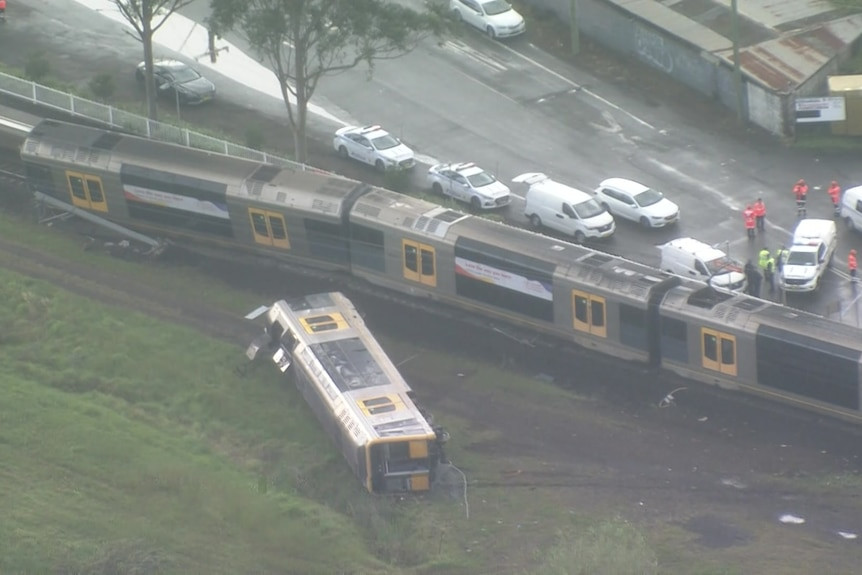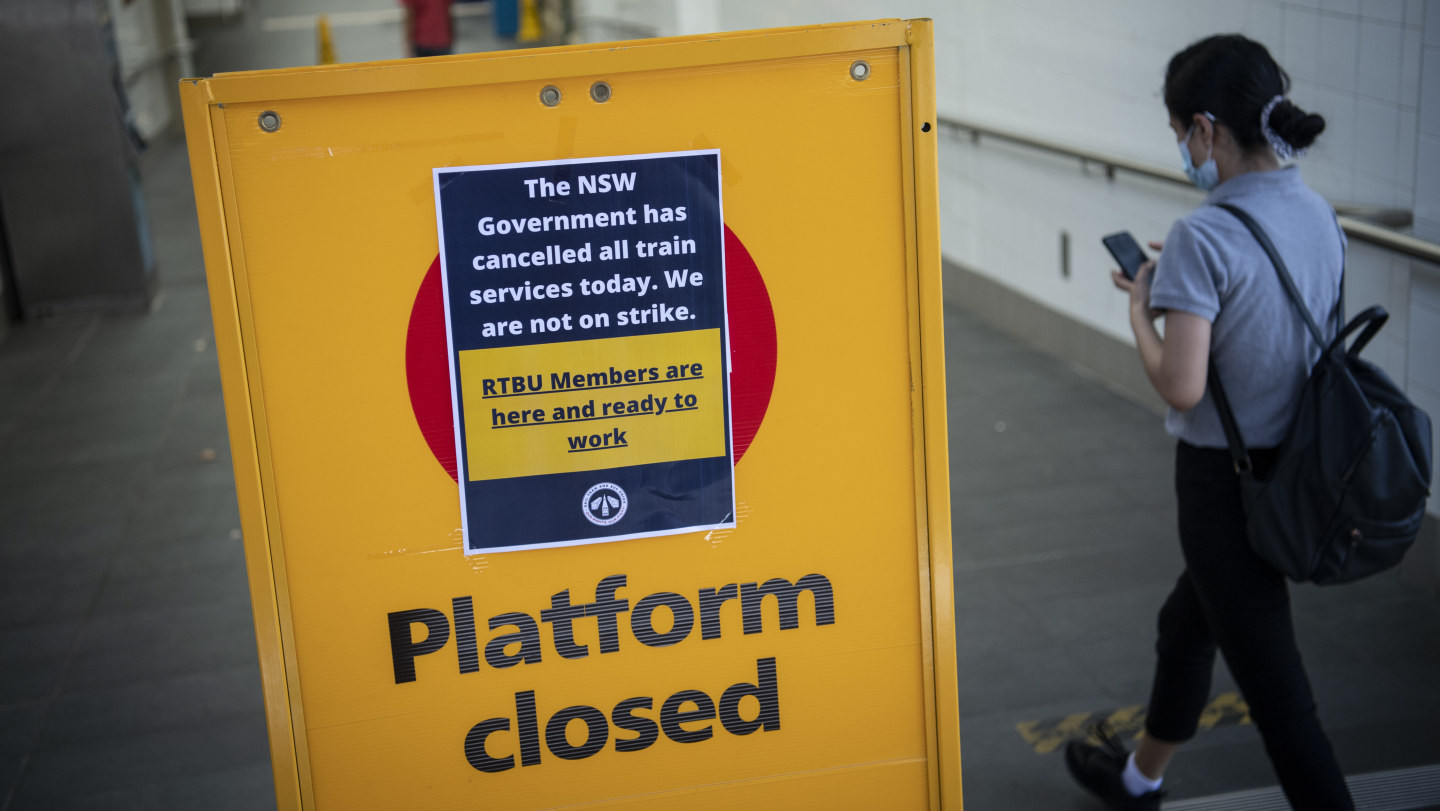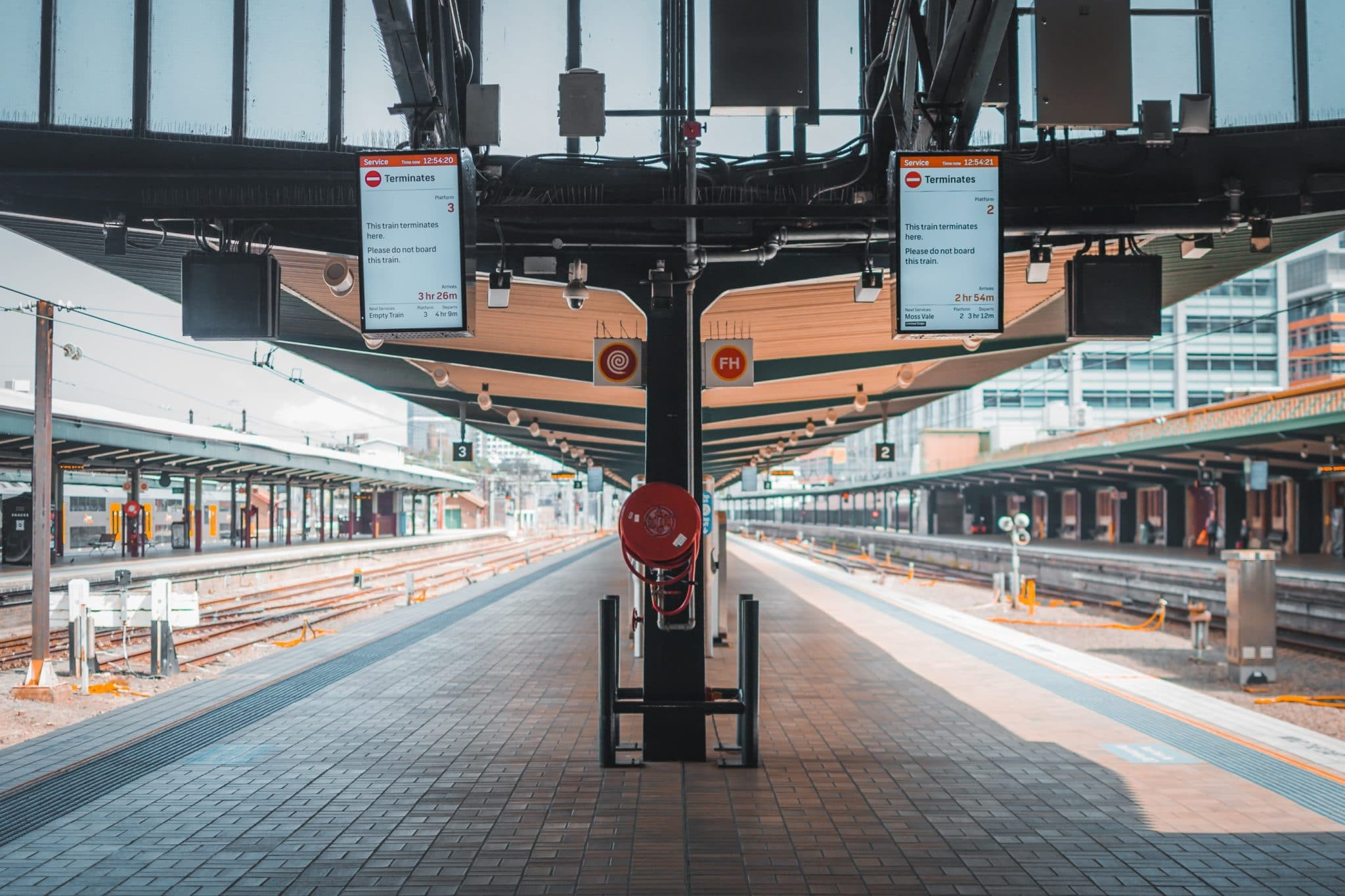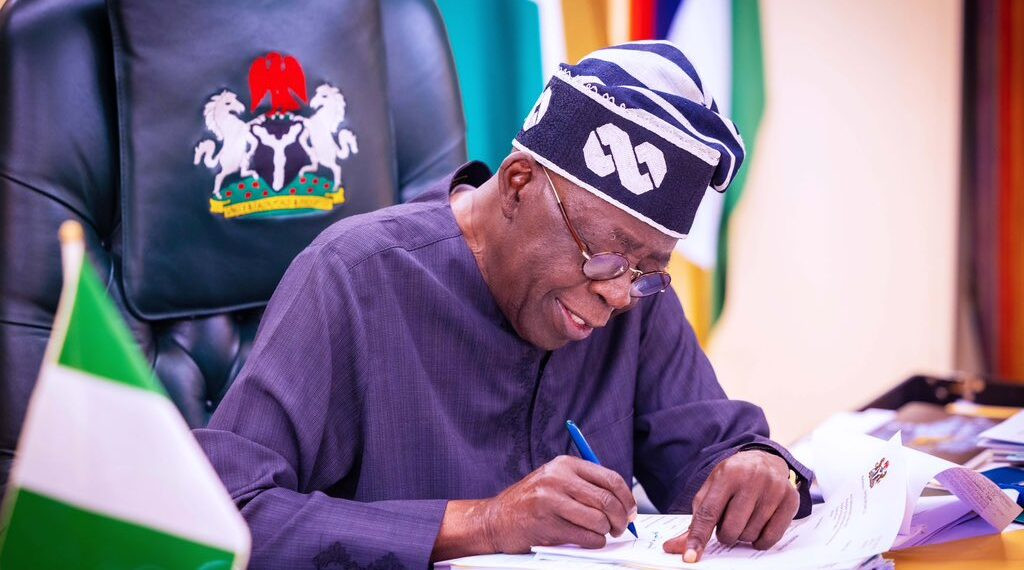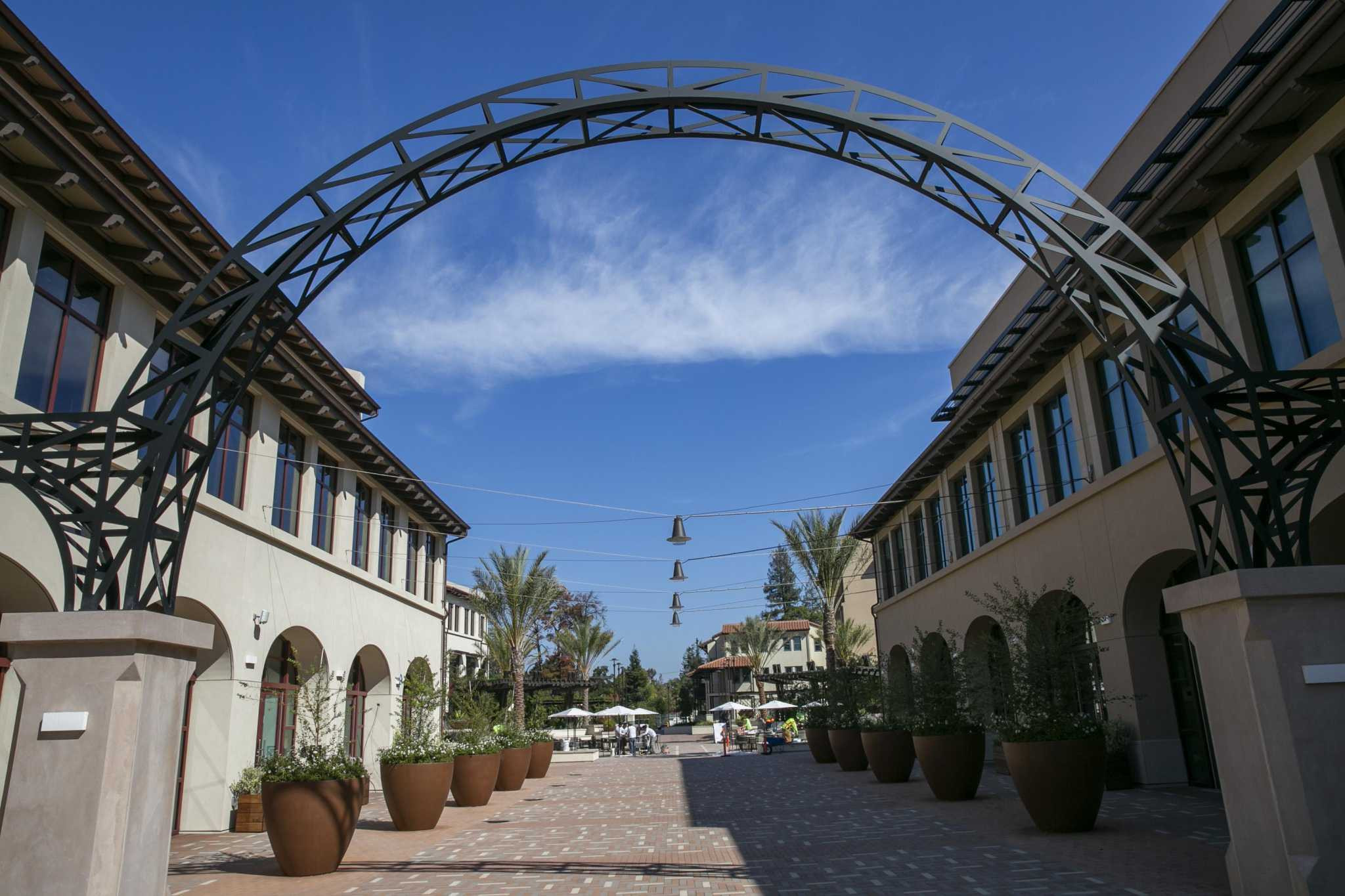Sydney Rail Dispute: Injunction Prevents Major Strike, but Disruptions Remain
The NSW government secured a last-minute victory on Sunday night, obtaining a Federal Court injunction that blocked planned industrial action by rail unions. This averted a potentially crippling city-wide train strike on Monday, impacting thousands of commuters. However, despite the court's decision, transport authorities warned that commuters should still brace themselves for significant service disruptions, with delays and cancellations already in effect across the network.
The Court's Decision and Its Implications
The urgent court hearing, held on Sunday night, followed two weeks of intense negotiations between the NSW government and rail unions. These negotiations, despite the best efforts of all parties, ultimately failed to reach a pay agreement. The government's application for the injunction was based on their assertion that the industrial action planned by the unions was unprotected, due to a multi-enterprise agreement consented to by both parties. This agreement provides protection for workers if parts of the state’s transport assets are privatized. The government's lawyer successfully argued that the significance of the disruption's impact far outweighed the impact on the union's ability to delay its action. The court granted the injunction, meaning that there would be no industrial action pending a further court hearing. A spokesperson for the Premier expressed relief at achieving some certainty for commuters, particularly in the lead-up to the Christmas and New Year period, and committed to continuing to work towards an agreed outcome. While the injunction prevented the strike, the spokesperson also acknowledged that some disruptions to the network on Monday were unavoidable.
Impact on Commuters
Despite the injunction, commuters are advised to expect significant delays and cancellations. Transport for NSW (TfNSW) announced that the T1 North Shore and Western, T2 Leppington and Inner West, T3 Liverpool and Inner West, and T8 Airport and South lines will experience major service reductions. The T6 Lidcombe and Bankstown Line will see bus replacements between Bankstown and Lidcombe. Intercity services also face major disruptions, with reduced frequency on the Central Coast & Newcastle and Blue Mountains & South Coast lines. Passengers are urged to plan their commutes meticulously and, if possible, consider alternative transport options. The disruption is particularly problematic for students traveling to school. Transport authorities have expressed their apologies for the inconvenience and thanked commuters for their understanding as staff strive to mitigate the consequences of the industrial action.
Union Response and Future Action
Unions NSW expressed disappointment at the failure to reach a deal and the surprise at the sudden breakdown in negotiations over the weekend. Unions NSW boss Mark Morey mentioned that the parties believed they were close to an agreement, only for talks to halt unexpectedly. He expressed hope for the resumption of talks but acknowledged this hinges entirely on the government’s willingness. The union will inform its members of the suspended industrial action, allowing them to contemplate their legal options, while holding out hope for a resolution soon. The union emphasized that continuing industrial action into the new year is undesirable for all parties involved. The union's lawyer argued in court that the government's assessment of the industrial action's impact was exaggerated, stating that the network wouldn't completely shut down, only experiencing some disruption.
Political Fallout
The Opposition Leader, Mark Speakman, criticized the Premier, Chris Minns, for his handling of the situation, claiming he was overly reliant on union bosses and had waited until the last minute to seek a court order, only stopping the industrial chaos at “five minutes to midnight”. Speakman characterized Minns' approach as allowing the issue to fester and contended it should never have escalated to this point. This reflects a broader political debate over the balance between labor rights, industrial action and commuters' needs. The Premier's response highlighted that this was a decision taken with careful consideration of all the ramifications involved.
A Look Ahead: Resolution and Reconciliation
The NSW government’s decision to seek a court injunction highlights the ongoing challenges in managing industrial relations within the state's crucial transport sector. The conflict underscores the complex interplay between the government's fiscal constraints, labor demands, and the public's expectation of reliable transport services. Further court hearings are expected unless the government manages to reach an agreement with the union. The successful court intervention bought a temporary respite, but the underlying issues remain unresolved, leaving the door open for further disruptions and the need for continued negotiations to prevent further escalations of the situation. The future holds the potential for a more lasting solution, emphasizing the importance of open communication and compromise between all stakeholders involved.




